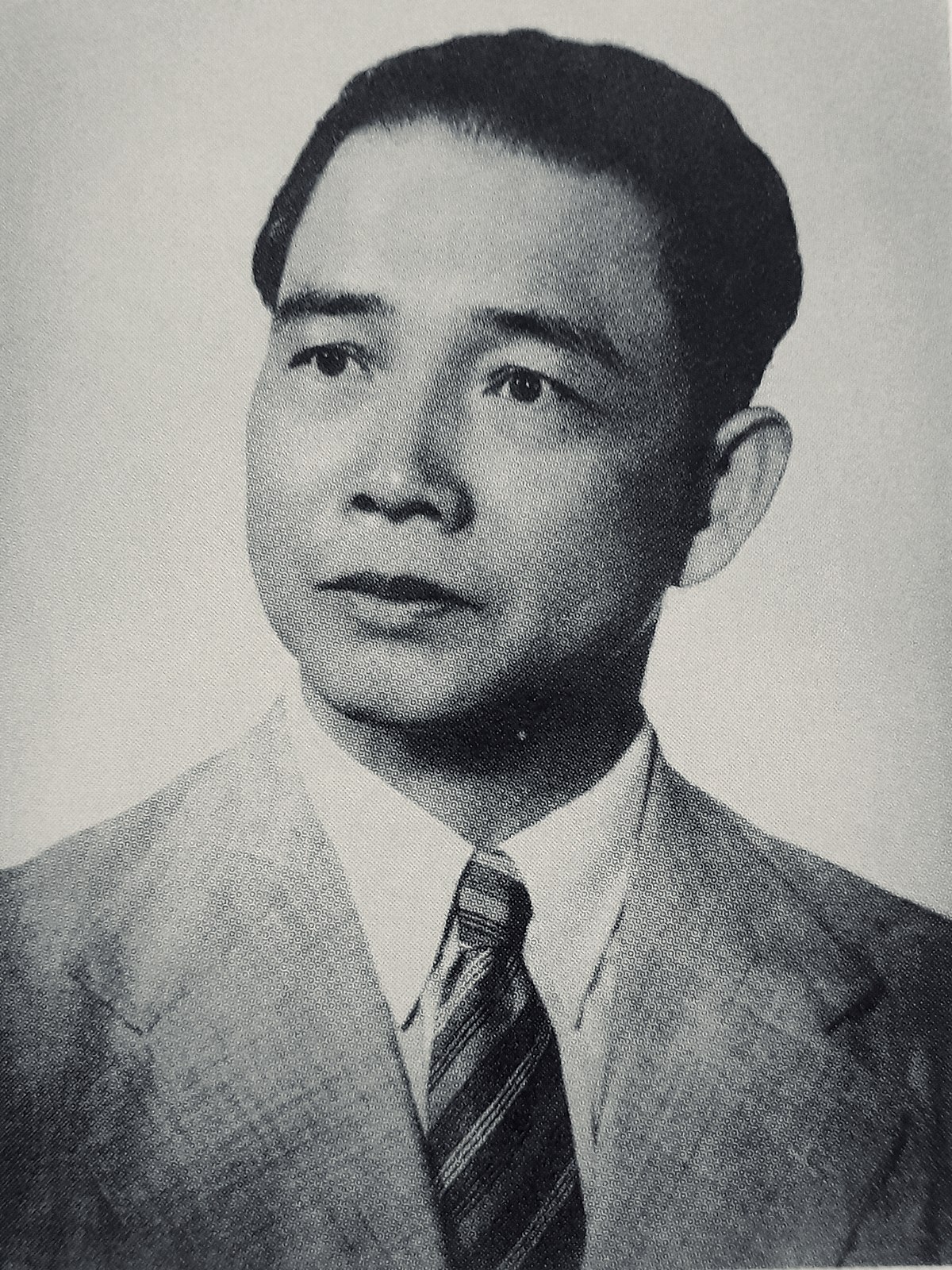What would the post-WWII peace settlement be if the German invasion of France fails in 1940 and the Schwarze Kapelle (SK) later overthrow Hitler and the Nazis? Let's say that the SK does this as early as it reasonably can, so either in late 1940 or in early 1941.
AFAIK, the SK were German nationalists, as evidenced by their 1944 peace platform/agenda:

 en.wikipedia.org
en.wikipedia.org
Some of these demands (such as South Tyrol) would not have worked at all given the geopolitical realities of late 1940-early 1941 in this TL, but would there have been any room for compromise in regards to this? Because if not, then the war between the Anglo-French and the SK will continue. I certainly don't see the Anglo-French actually be willing to allow Germany to keep its 1914 borders in the East, for instance. And having the surviving Nazi war criminals be tried in German courts could be risky given the experience with the extremely light punishment that Adolf Hitler previously got from the Weimar German judiciary for his role in the 1923 Munich Beer Hall Putsch.
AFAIK, the SK were German nationalists, as evidenced by their 1944 peace platform/agenda:

Claus von Stauffenberg - Wikipedia
 en.wikipedia.org
en.wikipedia.org
On D-Day, 6 June 1944, the Allies had landed in France. Stauffenberg, like most other German professional military officers, had absolutely no doubt that the war was lost. Only an immediate armistice could avoid more unnecessary bloodshed and further damage to Germany, its people, and other European nations. However, in late 1943, he had written out demands with which he felt the Allies had to comply in order for Germany to agree to an immediate peace. These demands included Germany retaining its 1914 eastern borders, including the Polish territories of Wielkopolska and Poznań.[40] Other demands included keeping such territorial gains as Austria and the Sudetenland within the Reich, giving autonomy to Alsace-Lorraine and even expansion of the current wartime borders of Germany in the south by annexing Tyrol as far as Bozen and Meran. Non-territorial demands included such points as refusal of any occupation of Germany by the Allies, as well as refusal to hand over war criminals by demanding the right of "nations to deal with its own criminals". These proposals were only directed to the Western Allies – Stauffenberg wanted Germany only to retreat from western, southern and northern positions, while demanding the right to continue military occupation of German territorial gains in the east.[41]
Some of these demands (such as South Tyrol) would not have worked at all given the geopolitical realities of late 1940-early 1941 in this TL, but would there have been any room for compromise in regards to this? Because if not, then the war between the Anglo-French and the SK will continue. I certainly don't see the Anglo-French actually be willing to allow Germany to keep its 1914 borders in the East, for instance. And having the surviving Nazi war criminals be tried in German courts could be risky given the experience with the extremely light punishment that Adolf Hitler previously got from the Weimar German judiciary for his role in the 1923 Munich Beer Hall Putsch.

